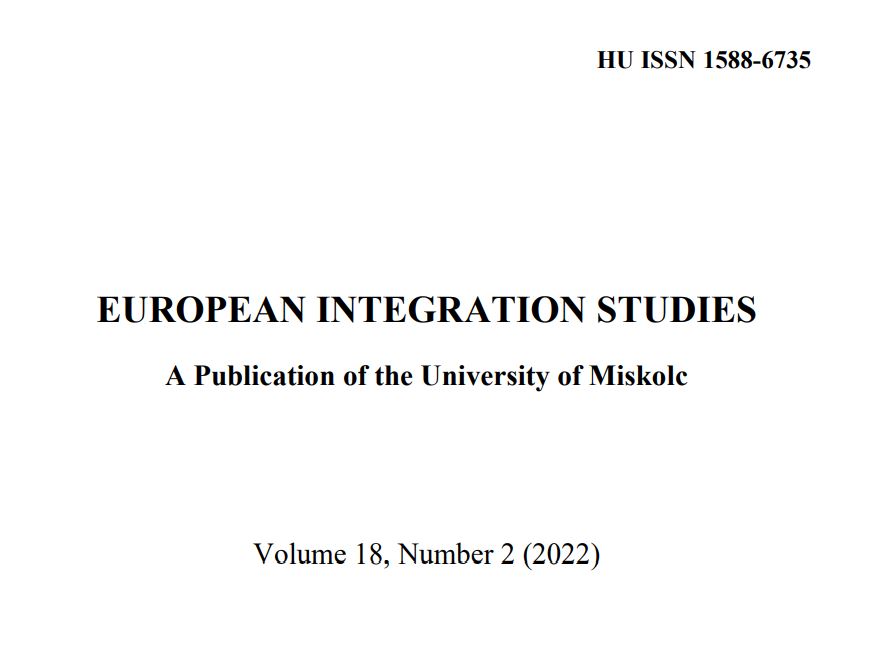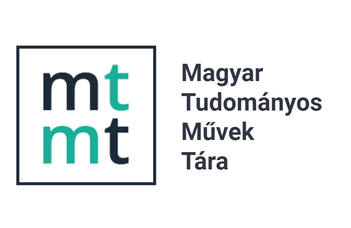Legal theory and the judicial practice of the invalidity of licence agreements
DOI:
https://doi.org/10.46941/2022.e2.61-72Keywords:
licence agreement, copyright contracts, invalidity, unfair general terms and conditions, gross disparity in valuesAbstract
The purpose of the paper is to provide an overview of the invalidity rules and case law of licence agreements in the field of copyright law. The rules governing copyright relations are not exclusively governed by the rules of copyright law but are complemented by the rules of civil law as well. The specific grounds for invalidity issues of licence agreements show that these contracts are specific among private law contracts and that the rules applicable to them cannot be brought solely under the Civil Code. This special situation and legal environment are justified by the typically weaker position of the author in the contracting process, consequently, we can find some author-sensitive rules here. The copyright law rules on the invalidity of licence agreements can be found in a mosaic-way, rather than in a concentrated way, as in the Civil Code. The reason for this is also to be found in the regulatory environment, since the Copyright Act only lays down the ‘copyright-focused’ invalidity rules, which can supplement the grounds for invalidity in the Civil Code in cases where the subject matter of the legal relationship is the use of a copyright work. The paper primarily focuses on some ‘general civil law’ issues of invalidity, such as the requirement of written form, the gross disparity in value, or the problems of standard contractual terms and conditions in line with licence agreements. In this sense, I intend to focus on not just the legal theory but show the relevant judicial practice as well.
References
REFERENCES
Barzó T. (2015). A szerződés érvénytelensége. In: Barzó T. et al. (2015). Kötelmi jog. A kötelmek közös és a szerződések általános szabályai. Miskolc: Novotni Kiadó, pp. 187–238.
Barta J. (2020). Az EU által meghirdetett digitális forradalom hatása a kereskedelmi jog egyes területein: szerződések, fogyasztóvédelem, gazdasági verseny, gazdasági társaságok. Miskolci Jogi Szemle, Vol. 15, No. 3 (special issue), pp. 14–26.
Csécsy Gy. (2015). A szellemi alkotások jogának fogyasztóvédelmi aspektu-sai. In: Szalma J. (ed.). A Magyar Tudomány Napja a Délvidéken 2012: Magyar nyelvű oktatás és kutatás, Novi Sad: Vajdasági Magyar Tudományos Társaság, pp. 103–112.
Faludi G. (2002). A felhasználási szerződés önállósága az „életmű” szerződés példáján. In: Kisfaludi A. (ed.). Liber Amicorum. Studia E. Weiss dedicata. Ünnepi dolgozatok Weiss Emilia tiszteletére. Budapest: ELTE ÁJK Polgári Jogi Tanszék, pp. 81–90.
Fejesné et al. (2020). Bevezetés a szerzői jogba. Budapest: Szellemi Tulajdon Nemzeti Hivatala.
Görög M. (2011). Gondolatok a merchandising jelentéstartalmához, egyes típusaihoz, Iparjogvédelmi és Szerzői Jogi Szemle, Vol. 6, No. 3, pp. 19–29.
Gyertyánfy P. (2000). Vagyoni jogok. In: Gyertyánfy, P. (ed.). A szerzői jogi törvény magyarázata. Budapest: KJK-Kerszöv Jogi és Üzleti Kiadó Kft., pp. 95–174.
Gyertyánfy P. (2020). Vagyoni jogok. In: Gyertyánfy Péter (ed.). Nagy-kommentár a szerzői jogi törvényhez. Budapest: Wolters Kluwer, pp. 148–234.
Leszkoven L. (2014). Az általános szerződési feltételek útján létrejövő szerződések. Gazdaság és Jog, Vol. XXII, No. 10, pp. 3–9.
Nahmias, Y. (2020). The cost of coercion: Is there a place for ‘hard’ inter-ventions in copyright relations in copyright law? Northwestern Journal of Technology & Intellectual Property, Vol. 17, No. 2, pp. 155–216.
Németh G. (2018). Az általános szerződési feltételek alkalmazásának tapasztalatai az online térben. Gazdaság és Jog, Vol. XXVI, No. 3, pp. 11–16.
Pogácsás A. (2017). Garancia vagy akadály? A szerzői jogról való lemondás tilalmának helye egy rugalmas szerzői jogi rendszerben. Infokommunikáció és Jog, Vol. XIV, No. 1, pp. 38–45.
Szilágyi G. (2021). Fogyasztóvédelmi szempontok a szellemi alkotások területén. Miskolci Jogi Szemle, Vol. 16, No. 1, pp. I/149–166.
https://doi.org/10.32980/MJSz.2021.1.946
Tattay L. (2009). A merchandising és a film. In: Tattay L. (ed.). Emlékkönyv Ficsor Mihály 70. születésnapja alkalmából barátaitól. Budapest: Szent István Társulat, pp. 337–357.
Török É. (2010). Osztovits András: Az általános szerződési feltételek a fogyasztói szerződésekben, tisztességtelen szerződési feltételek megítélése. In: Szikora Veronika (ed.). Fogyasztóvédelmi magánjog – európai kitekintéssel (recension). Debreceni Jogi Műhely, Vol. 7, No. 3, pp. 81–83.





